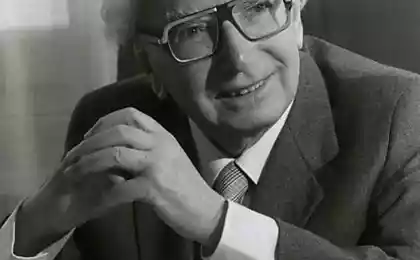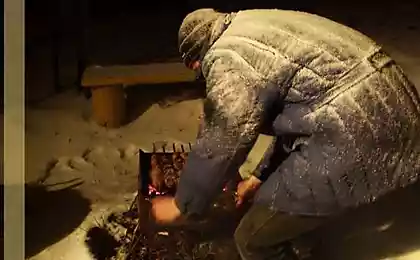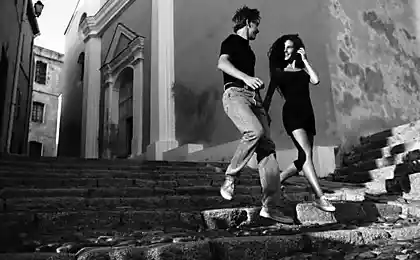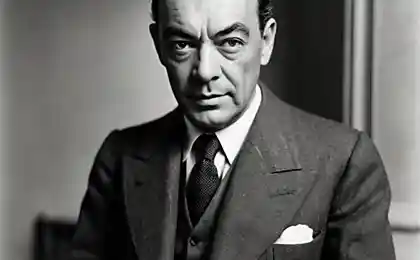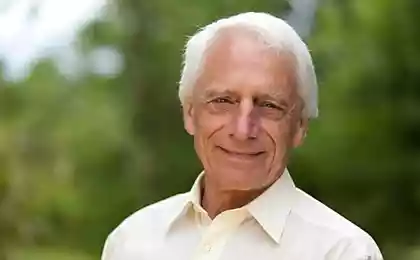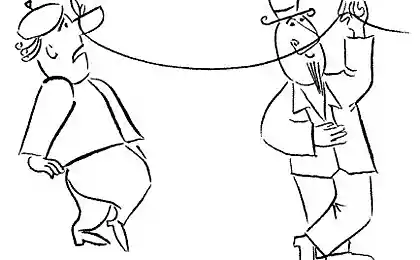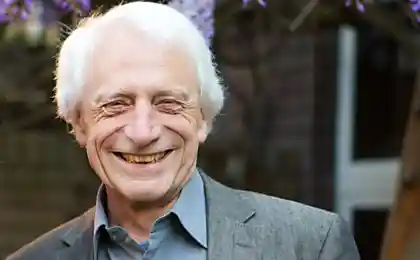808
15 well-known expressions and their true meaning
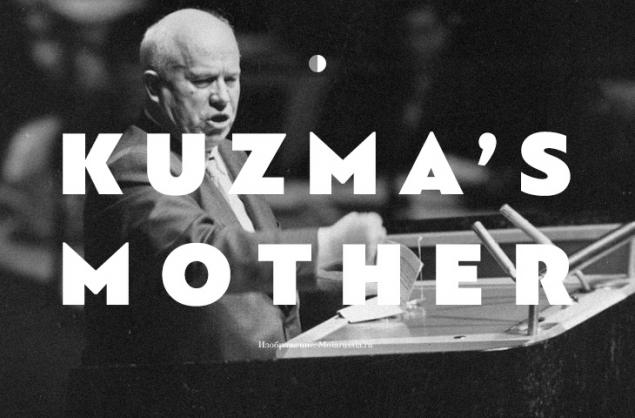
Editorial publishes a collection of true values of Russian aphorisms and sayings that are familiar to virtually everyone from the cradle. Learn about the history of the origin of the idiom - a real pleasure for all fans of our rich language
1!. Why the West feared Khrushchev "kuz'kinu mother» h3> Khrushchev's famous phrase, "I'll show you get off!" At the UN Assembly translated literally -? «Kuzma's mother». The meaning of the phrase was completely incomprehensible and this threat has acquired quite ominous. Subsequently, the expression "gruel" was also used to refer to the atomic bombs the Soviet Union.
2. Where did the expression "after rain on Thursday»? H3> The expression "after rain on Thursday" has arisen because of the distrust of Perun, the Slavic god of thunder and lightning, which was Thursday afternoon. Pleas to it often do not reach the goal, so the impossible began to say that this will happen after the rain on Thursday.
3. Who first said, "Who with a sword to us will go down, by the sword shall perish» h3> The phrase "Who with a sword to us will go down, by the sword and die" does not belong to Alexander Nevsky?. Its author - screenwriter of the film of the same name Pavlenko remake phrase from the Gospel "They that take the sword - the sword will perish»
.
4. Where did the expression "not worth the trouble»? H3> The expression "not worth it" came from a speech by gamblers, who spoke so much about very little benefit, which does not pay for the cost of the candles burnt during the game.
5. Where did the expression "Moscow Does Not Believe in Tears»? H3> During the rise of the Moscow principality with other cities charge more tribute. Cities were sent to the petitioners Moscow complaining of injustice. King sometimes severely punished complainants to intimidate others. Hence, according to one version, it was an expression of "Moscow Does Not Believe in Tears».
6. Where did the expression "it smells like kerosene»? H3> The feuilleton Koltsov 1924 told of a major scam uncovered in the transmission concession for oil exploitation in California. The fraud was involved the most senior US officials. Here it was first used the expression "it smells like kerosene».
7. Where did the expression "for the soul is nothing»? H3> In ancient times believed that the human soul is placed in the recess between the collarbone, dimples on her neck. In the same place on his chest was the custom to keep the money. Therefore, a poor man says that he has "a soul is nothing».
8. Where did the expression "twiddle» h3> In the old days break away from logs chocks - blanks for wooden utensils - called thumbs. Their production was considered easy, effortless and business skills. Now we use the phrase "slack" to refer to idleness.
9. Where did the expression "by hook or by crook»? H3> In the old village women after washing "rolled" lingerie with a special rolling pin. Well laminated linen proved squeezed, ironed and clean, even if the laundry was not very high quality. Today, to describe the goal in any way used the expression "by hook or by crook».
10. Where did the expression "in the bag»? H3> In the old days messengers, deliver mail, sewed in the lining cap or hat is very important papers, or "business" in order not to attract the attention of thieves. Hence the expression "in the bag».
11. Where did the phrase "let us return to our sheep»? H3> In medieval French comedy rich draper sues to shepherd styanuvshego his sheep. During the meeting, draper forget about the shepherd and showered reproaches of his lawyer, who has not paid him for six cubits cloth. The judge interrupted speech with the words: "Let us return to our sheep", which became winged
.
12. Where did the expression 'contribute »? H3> existed small coin contribution to ancient Greece. In the Gospel parable of the poor widow sacrifices to build the temple of the last two mites. From the parable was the expression "contribute».
13. Where did the expression "mile of Kolomna»? H3> In the 17th century on the orders of Tsar Alexei Mikhailovich between Moscow and the royal summer residence in the village of Kolomna has been re-produced distance measurement and set very high milestones. Since then, tall and thin people are called "mile of Kolomna».
14. Where did the phrase "chasing big money»? H3> In the 13th century, the money and the weight unit in Russia was the hryvnia, delivshayasya into 4 parts ( "RUR"). Especially heavy residue ingot called "big money." With these words associated expression about the big and easy earnings - "chase the big money»
.
15. Where did the term "hog-wash»? H3> «One scientist, bought 20 ducks, immediately ordered to cut one of them into small pieces, which fed the other birds. A few minutes later, he did the same with the other duck and so on, until there was one that devoured so 19 of their friends. " This review was published in the Belgian newspaper humorist Cornelissen, to make fun of the credulity of the public. Since then, according to one version, called false news "newspaper ducks».
via muzey-factov.ru/tag/idioms
The owner ordered the dog to clean up the room and she immediately got down to business!
Cat cursed the day when the house appeared ferret!










